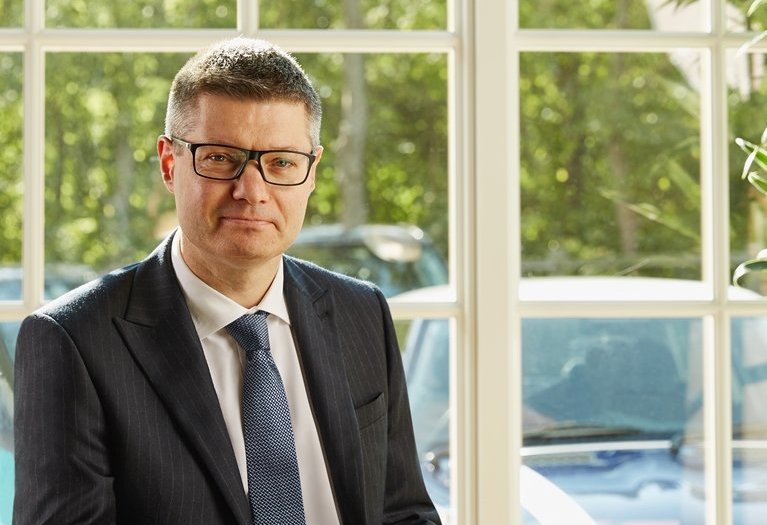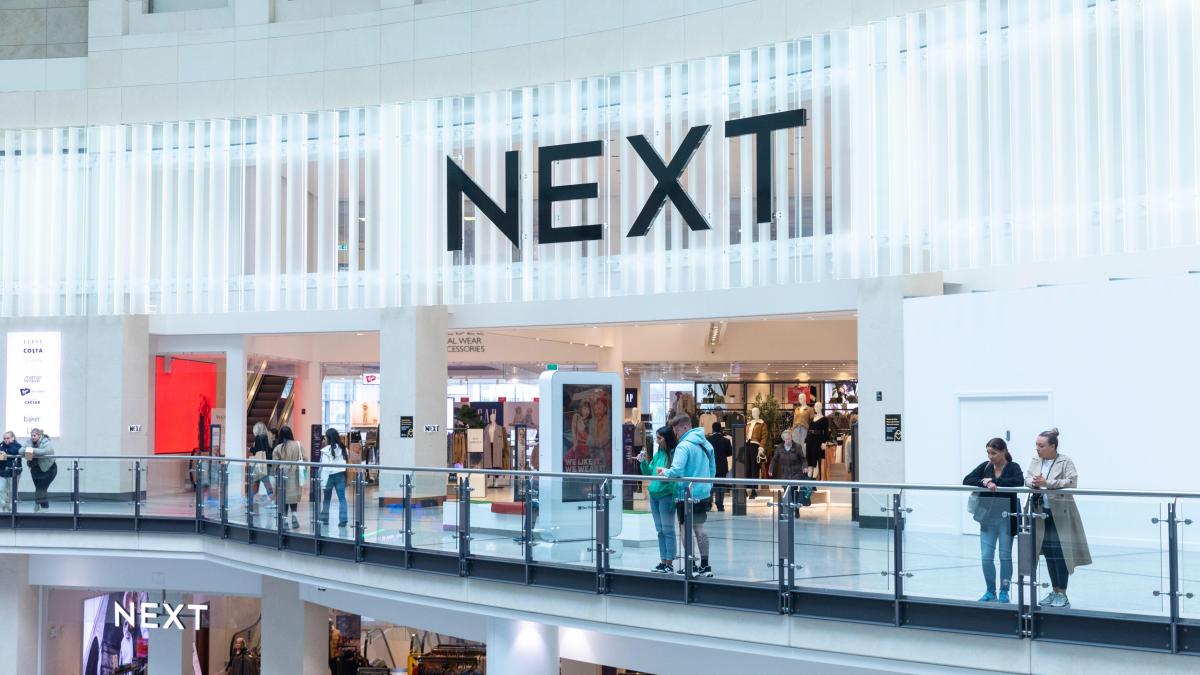Next has raised its annual profit guidance for the third time this year after its sales were boosted by a disruptive cyberattack against competitor Marks & Spencer and better-than-expected summer weather.
Shares in the FTSE 100 clothing and home chain rose on Thursday after it said it now expects £1.1 billion of pre-tax profit in the current financial year, slightly up from its previous forecast of £1.08 billion.
The profit lift comes after Next’s full-price sales rose 10.5 per cent year-on-year in the thirteen weeks to July 26, £49 million ahead of guidance for the period.
• Business live: Rolls-Royce helps boost FTSE 100 to new high
Next said it outperformed in the UK, largely due to warmer weather and a significant cyberattack at its “major competitor” Marks & Spencer, which suffered serious disruption to its sales and online operations.
Overseas sales outperformed expectations too, which it said was because digital marketing had “proved more effective than anticipated”.
Next, led by Lord Wolfson of Aspley Guise, reiterated concerns that the employer national insurance contributions increase would hit jobs and weaken consumer spending in the second half of the year.

Lord Wolfson of Aspley Guise
NEXT
The company has previously warned that it would have to raise prices by about 1 per cent to offset the impact of surging wage costs. It has been focusing on boosting sales of full-price items rather than discounted lines.
Richard Hunter, head of markets at Interactive Investor, said Next continued to “fire on all cylinders’ but noted that the “cyber-incident at Marks & Spencer and warmer weather were both tailwinds to a strong first half which will not be repeated in the second”. He also said the numbers would “come up against stronger comparatives from last year, and the group is also predicting a dampening of consumer demand as job openings become scarcer and as the full effects of the national insurance contribution rises begin to wash through”.
David Hughes of Shore Capital, the broker, said that while Next “may have been the beneficiary of external factors, this is still another impressive quarter of growth from a top-class retailer”.
Next, which recently surpassed £1 billion in profit for the first time, has upgraded its profit forecast eleven times over the past two years, cementing its reputation as a company which under-promises and then over-delivers.
Wolfson, the company’s and the FTSE 100’s longest-serving chief executive, who has been in the job since August 2001, is widely acknowledged to have adapted well to big changes, such as the shift to online shopping, while other big-name retailers have disappeared from the high street.
Next, which has 460 shops in the UK and Ireland, has become one of the most active consolidators in the British retail sector, using its strong balance sheet to snap up distressed brands. The retailer has previously acquired stakes or full control in labels such as Joules, Made.com and FatFace, typically integrating them into its “Total Platform” e-commerce and logistics infrastructure.
Earlier this week, it rescued the struggling maternity wear brand Seraphine out of administration, resulting in the loss of 100 jobs and the closure of its shop in Kensington, west London. It bought the Seraphine brand and intellectual property for £600,000, a dramatic markdown from its £150 million IPO valuation in 2021.
The acquisition will see Seraphine relaunch as an online-only label with support from Next, which said it would provide a “stable platform” to refocus the brand on “stylish, practical solutions for new and expecting mums around the world.”
Shares in Next have risen by about 25 per cent over the past year, and on Thursday they rose another 35p, or 0.3 per cent, to £123.10.
